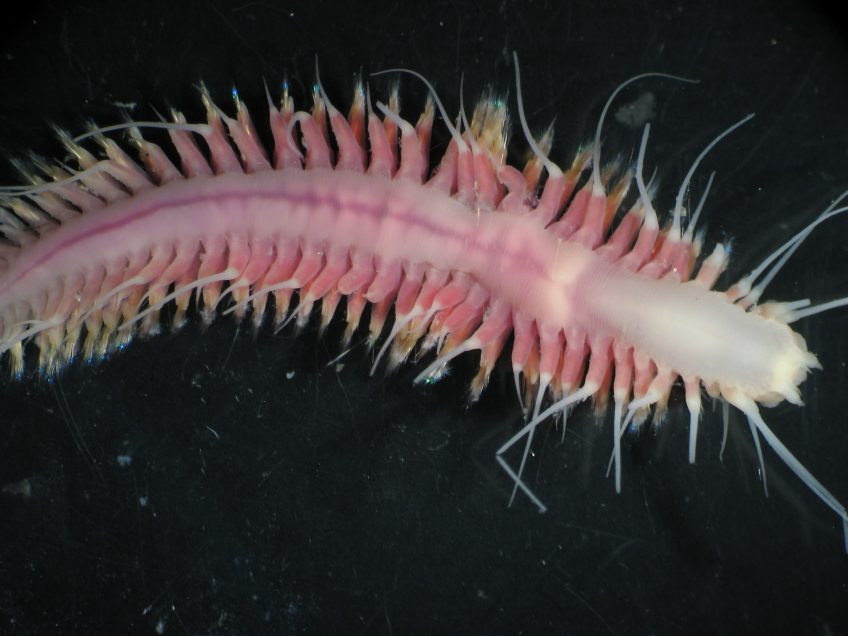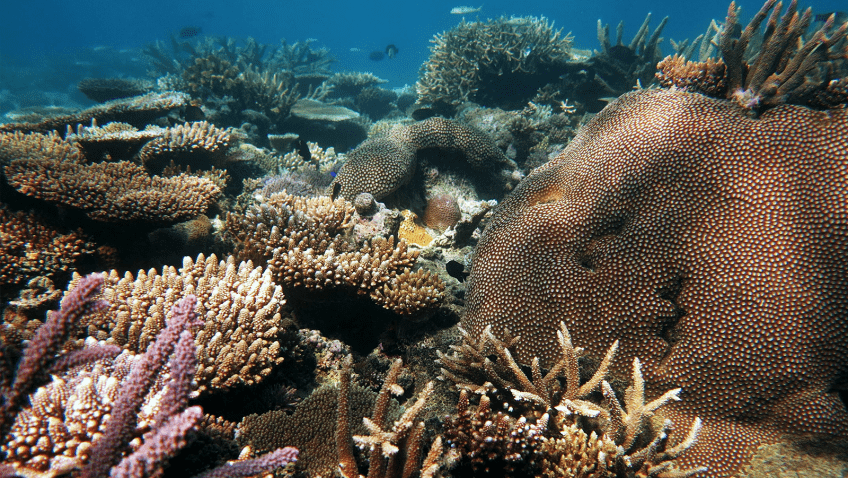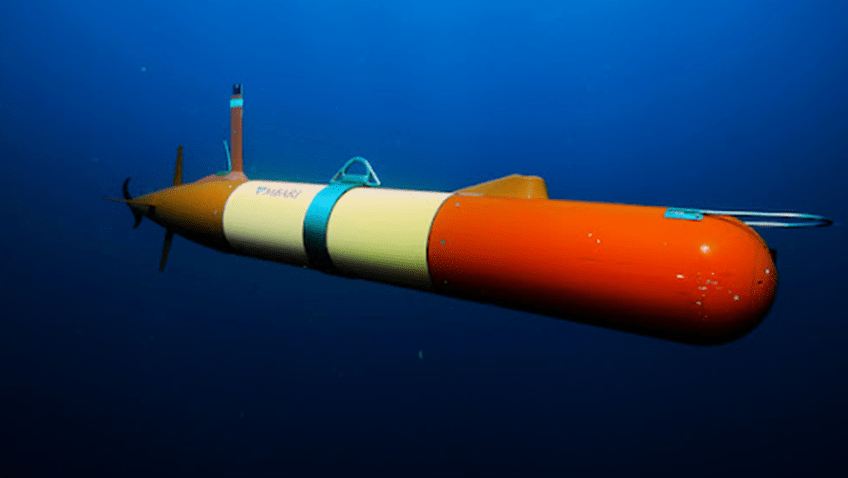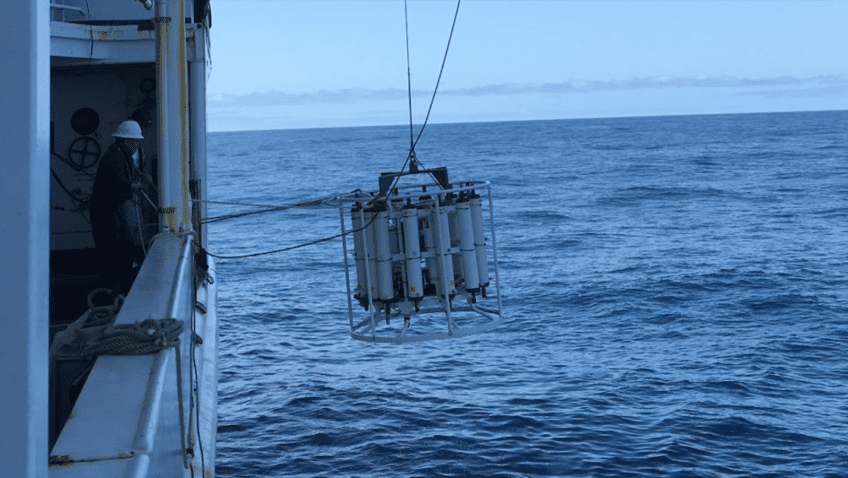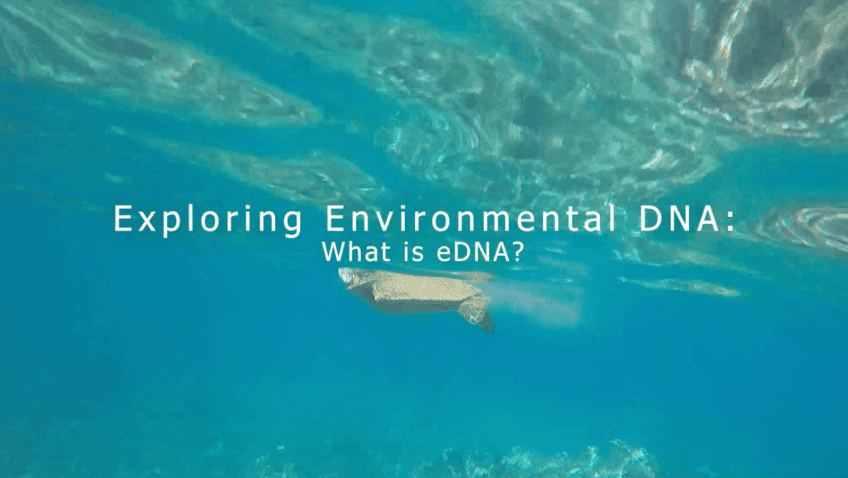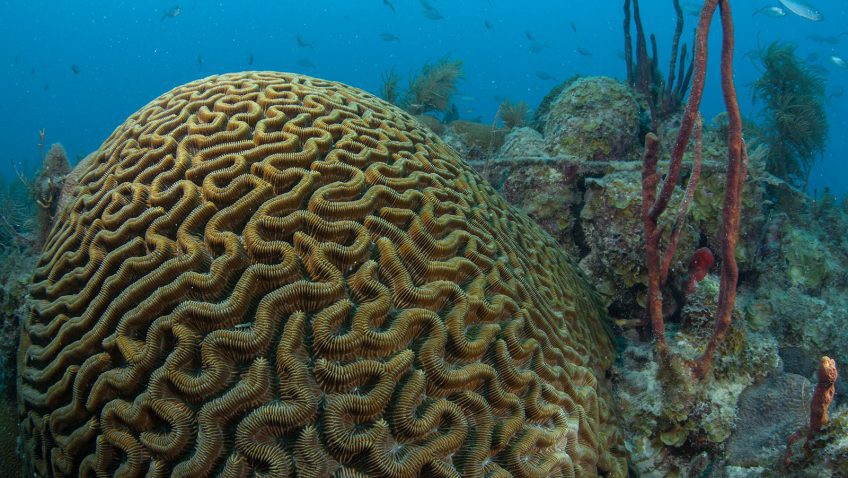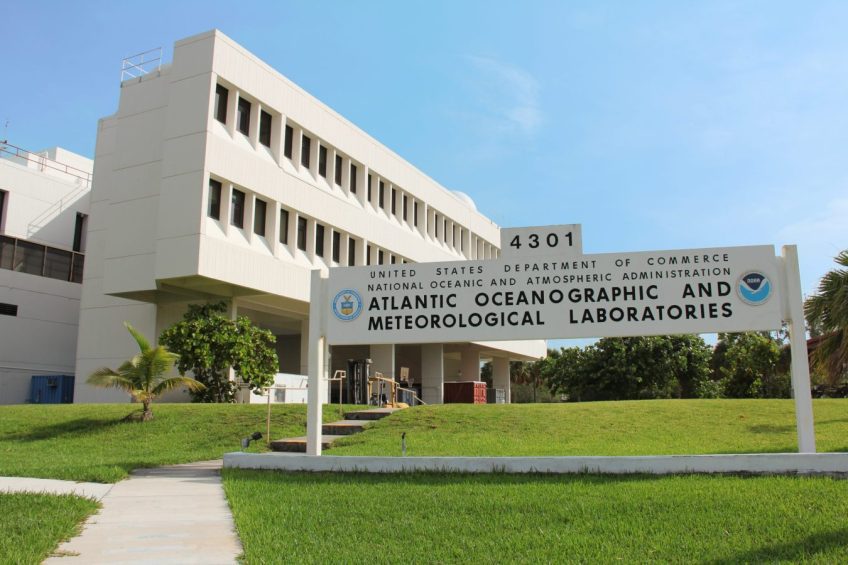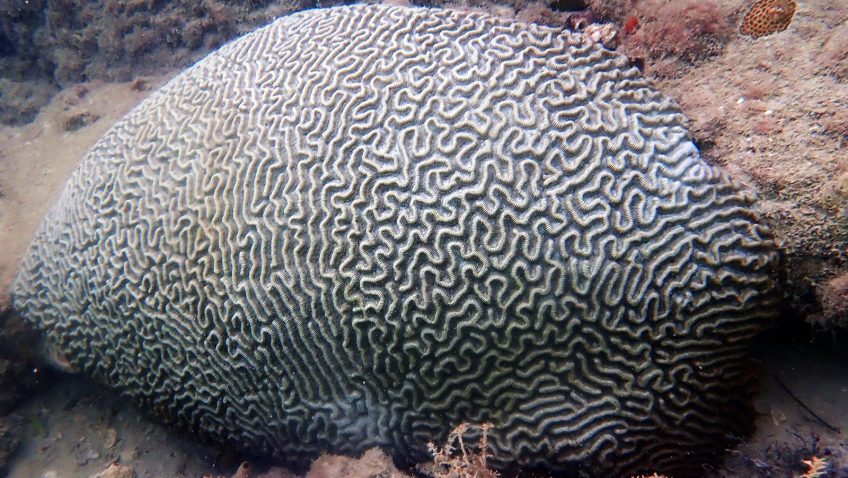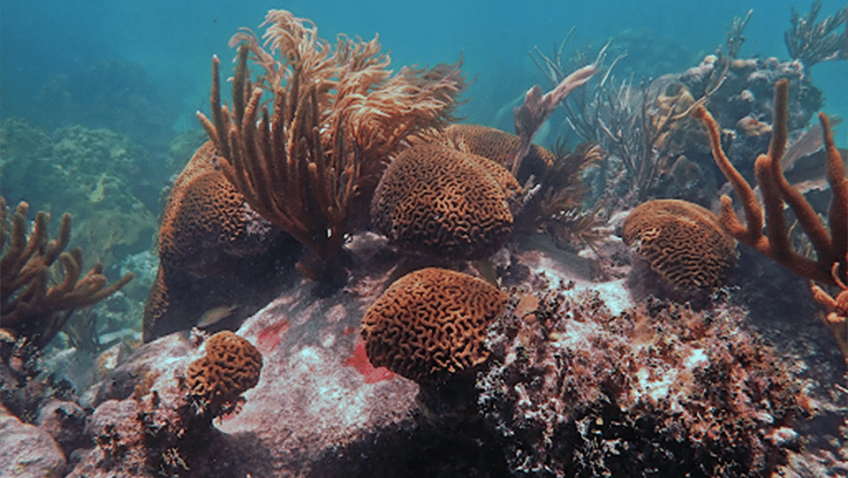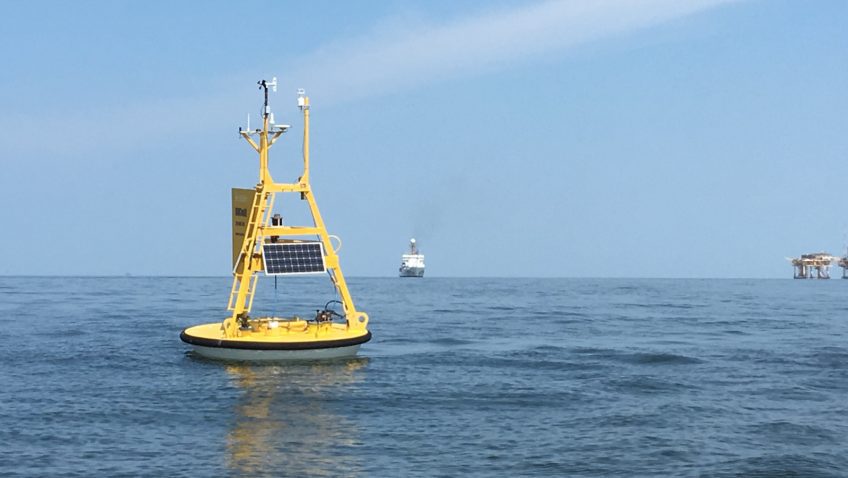Ice Worm Publication Selected as a Spotlight Paper
A recent study co-authored by Jean Lim, University of Miami CIMAS scientist working with Kelly Goodwin and Luke Thompson at NOAA’s Atlantic Oceanographic & Meteorological Laboratory, has been selected out of a wide array of publications as a spotlight paper in the latest issue of Applied and Environmental Microbiology. The focus of this special feature […]
